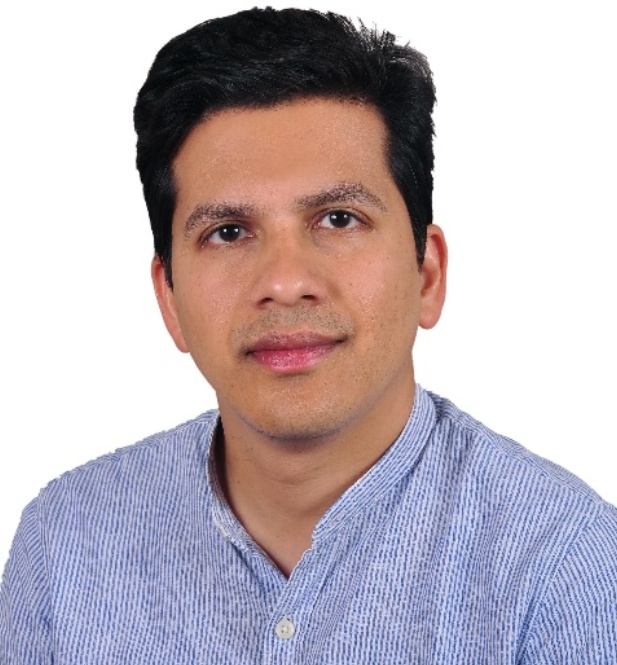 Established in 2012, the Roots Foundation is a non-profit organisation that works with underprivileged communities at the grassroots by conceptualising and implementing bottom-up interventions in sustainable agriculture, sports, education, healthcare and nutrition, skill development and community Development. Under education initiatives, the foundation focuses on Foundational Literacy and Numeracy (FLN) to bridge the rural-urban language gap and enhance fundamental Math, Science, and Language skills among government school children. It emphasises on strengthening community-level education support while filling learning gaps.
Established in 2012, the Roots Foundation is a non-profit organisation that works with underprivileged communities at the grassroots by conceptualising and implementing bottom-up interventions in sustainable agriculture, sports, education, healthcare and nutrition, skill development and community Development. Under education initiatives, the foundation focuses on Foundational Literacy and Numeracy (FLN) to bridge the rural-urban language gap and enhance fundamental Math, Science, and Language skills among government school children. It emphasises on strengthening community-level education support while filling learning gaps.
 In this article, Mr. Ritwik Bahuguna, Founder and Trapti Moonat, Lead- Programs & Partnerships discuss learning gaps that continue to persist in our education system despite the best efforts. They stress upon on holistic development of children that encompasses academic as well as essential life-skills. They also take us through one of their recent initiatives- Project Utkarsh- that follows a similar approach and has positively impacted over 1000 students.
In this article, Mr. Ritwik Bahuguna, Founder and Trapti Moonat, Lead- Programs & Partnerships discuss learning gaps that continue to persist in our education system despite the best efforts. They stress upon on holistic development of children that encompasses academic as well as essential life-skills. They also take us through one of their recent initiatives- Project Utkarsh- that follows a similar approach and has positively impacted over 1000 students.
Building Bridges to Quality Education: How Roots Foundation is Strengthening Learning Outcomes Through Project Utkarsh
In India, the importance of quality education as a driver of societal progress is widely recognized. However, despite increased enrolment rates, there are significant challenges affecting the quality of education across the country. According to the Annual Status of Education Report (ASER) 2023,[1] a substantial portion of Indian students lack basic reading and arithmetic skills, indicating a quality gap in education. The report finds that about 25% of the youth (14-18 years) cannot read a Class II level text fluently in their regional language and over 50% struggle with basic division problems. Further, only 57.3% can read sentences in English, and of those, only three-quarters understand their meaning.
At the heart of this issue lies the stark reality of educational inequality, perpetuating cycles of poverty and hindering social mobility as children from marginalized communities and rural areas are more vulnerable to receiving substandard education. Infrastructure remains a critical issue in many schools, particularly in rural areas with more than 60% of schools lacking computers, and 90% not having access to internet facilities. Another challenge is the shortage of skilled educators. There remains a significant gap between the demand and supply of qualified teachers, leading to a very high student-teacher ratio, which further undermines the quality of education.
To address the same, the New Education Policy signals a paradigm shift towards a more inclusive and holistic approach, envisioning an educational framework that nurtures not only academic excellence but also other essential skills. For example, by promoting regular library sessions, students may be encouraged to cultivate a love for reading, research, and independent learning. Through introduction of Bal Sansads (Children’s Parliaments), activities like debate and community service, students cultivate leadership skills and a sense of civic responsibility.
However, implementing such initiatives demands collaboration among policymakers, educators, parents, and communities, forging partnerships between government, NGOs, and private sectors for increased efficacy.
As an effort towards the same, Roots Foundation and Acuity Knowledge Partners collaborated to initiate Project Utkarsh in 2022, which was rolled out across six government schools located in the North and South blocks of Mandya, Karnataka. This initiative seeks to narrow the digital divide, foster critical thinking skills, and introduce STEM education with the goal of improving students’ academic performance and retention rates. It adopts a comprehensive approach to education, focusing on long-term engagement with students to foster lasting relationships and instilling analytical thinking through Innovative Learning Centers. STEM workshops nurture creativity and innovation, while engaging activities such as summer camps, science expos, and student-led Bal Sansad elections amplify the project’s impact. 255 students actively participated in the summer camp, over 80 students nominating themselves for Bal Sansad position, and the Science Expo attracting over 150 participants.
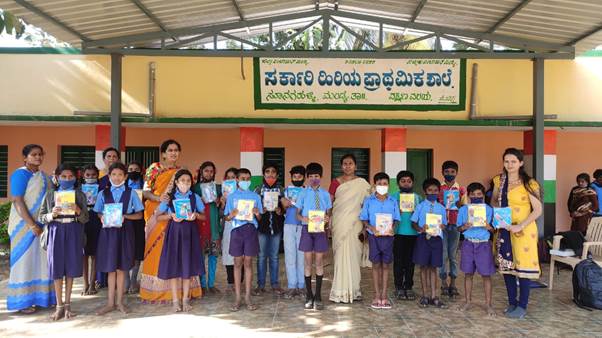
Starting with a thorough needs analysis and stakeholder engagement, the project sets clear objectives and timelines, regularly assessing progress through midline and end-line evaluations. Significant improvements have been observed, with a 20% increase in academic performance across subjects in classes II-VII and heightened student interest post-intervention.
The case of Brundashree is a heartwarming testimony to the project’s child-centric approach. The student, due to the untimely demise of her mother, had to transition from an English-medium private school to a Kannada-medium one- a change that left her grappled with language barriers and academic setback. But the timely intervention of Project Utkarsh not just ensured improvement in her academic performance but also renewed her interest in learning and restored her confidence.
A similar challenge came up in GHPS Chikkamandya, where nearly half of the attendees hailed from the Urdu-speaking Muslim community, facing significant hurdles in adapting to Kannada and English instruction. The project’s intervention, spearheaded by teacher Tejaswini, helped in ushering in a positive change. With tailored support and engaging activities integrated into lessons, Tejaswini ensured that students from Urdu backgrounds grasped concepts effectively while building concentration and confidence.
With over 1,000 students benefiting from the program, Project Utkarsh’s trajectory is full of such successful stories. Over the past two years, the project has seen remarkable improvement in students’ overall behaviour, speaking skills, and confidence across different grades. Notably, students in grades III, IV, V, VI, and VII exhibited average increases of 14.4%, 38.5%, 12.7%, 42.2%, and 41.5%, in their assessment scores respectively, reflecting this growth. To ensure educational equity and quality, Project Utkarsh embodies the spirit of collaboration and attentive care as the road ahead demands tailored solutions, partnerships, and a steadfast commitment to address the multifaceted issues.




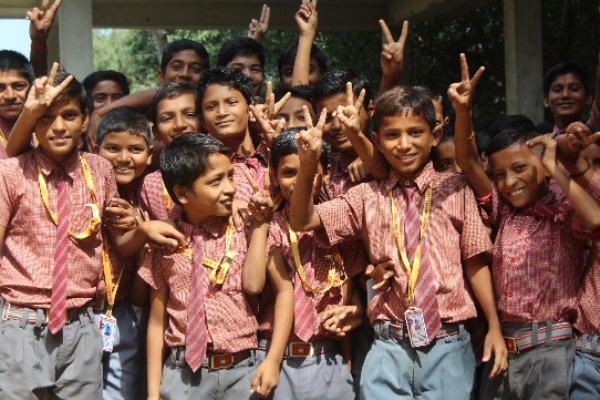
 Established in 2012, the Roots Foundation is a non-profit organisation that works with underprivileged communities at the grassroots by conceptualising and implementing bottom-up interventions in sustainable agriculture, sports, education, healthcare and nutrition, skill development and community Development. Under education initiatives, the foundation focuses on Foundational Literacy and Numeracy (FLN) to bridge the rural-urban language gap and enhance fundamental Math, Science, and Language skills among government school children. It emphasises on strengthening community-level education support while filling learning gaps.
Established in 2012, the Roots Foundation is a non-profit organisation that works with underprivileged communities at the grassroots by conceptualising and implementing bottom-up interventions in sustainable agriculture, sports, education, healthcare and nutrition, skill development and community Development. Under education initiatives, the foundation focuses on Foundational Literacy and Numeracy (FLN) to bridge the rural-urban language gap and enhance fundamental Math, Science, and Language skills among government school children. It emphasises on strengthening community-level education support while filling learning gaps. In this article, Mr. Ritwik Bahuguna, Founder and Trapti Moonat, Lead- Programs & Partnerships discuss learning gaps that continue to persist in our education system despite the best efforts. They stress upon on holistic development of children that encompasses academic as well as essential life-skills. They also take us through one of their recent initiatives- Project Utkarsh- that follows a similar approach and has positively impacted over 1000 students.
In this article, Mr. Ritwik Bahuguna, Founder and Trapti Moonat, Lead- Programs & Partnerships discuss learning gaps that continue to persist in our education system despite the best efforts. They stress upon on holistic development of children that encompasses academic as well as essential life-skills. They also take us through one of their recent initiatives- Project Utkarsh- that follows a similar approach and has positively impacted over 1000 students.
.jpg)



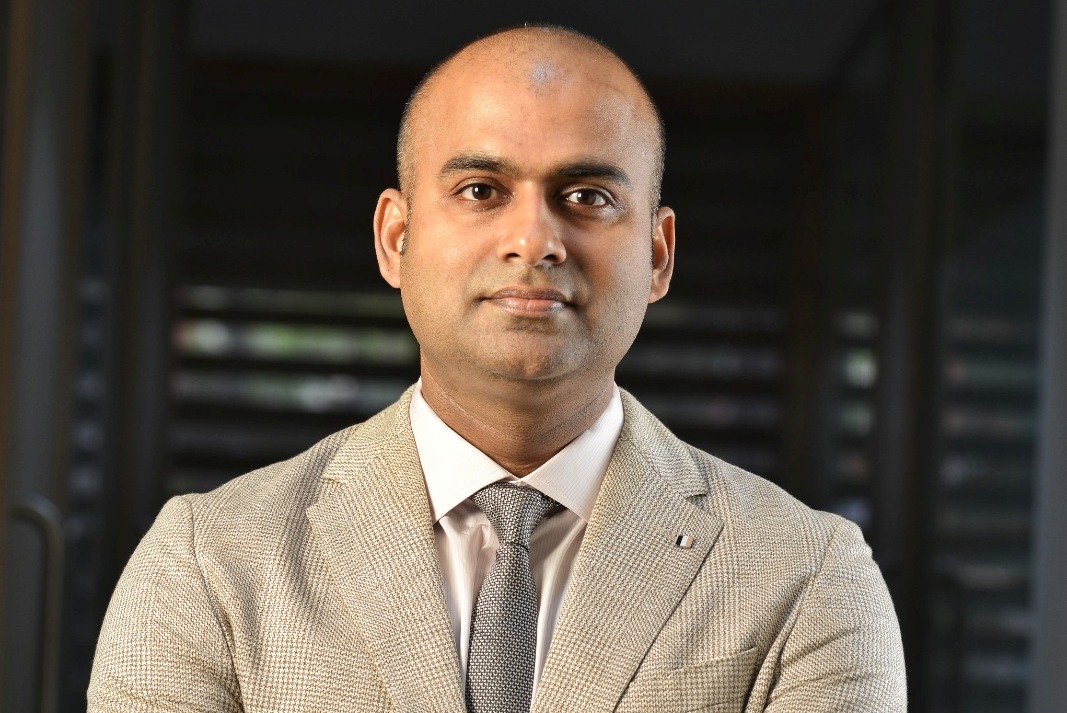
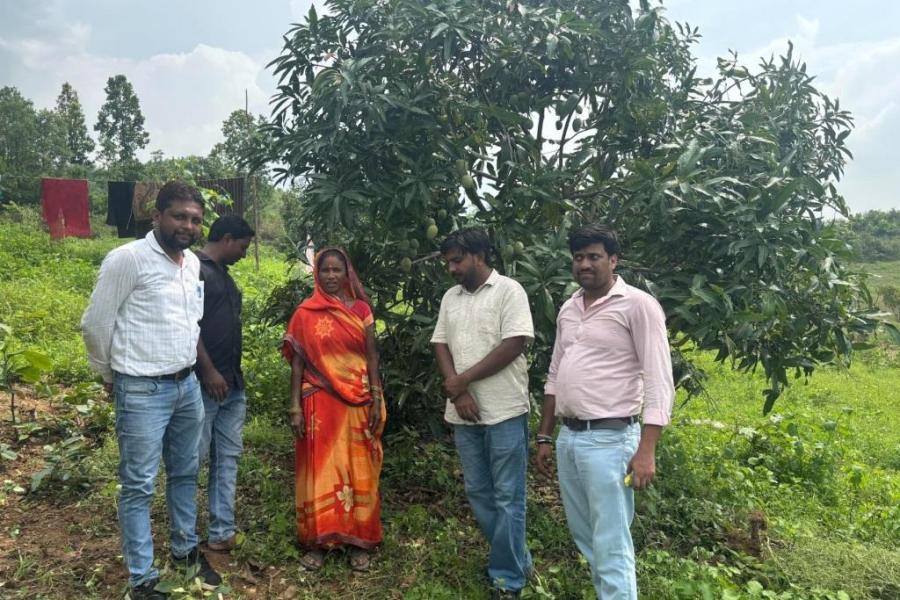
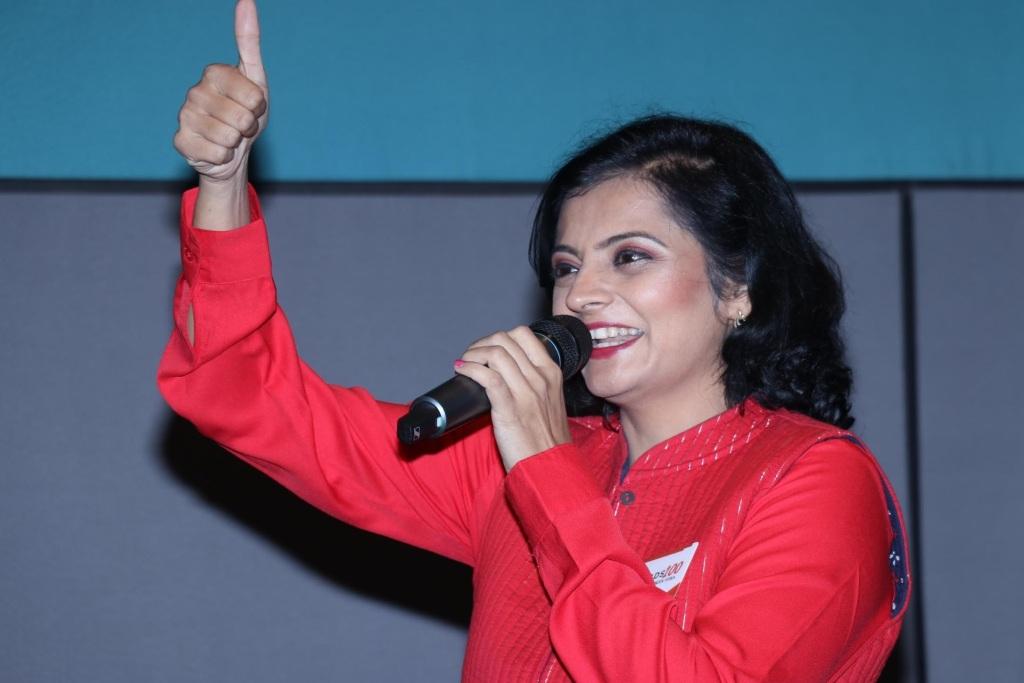
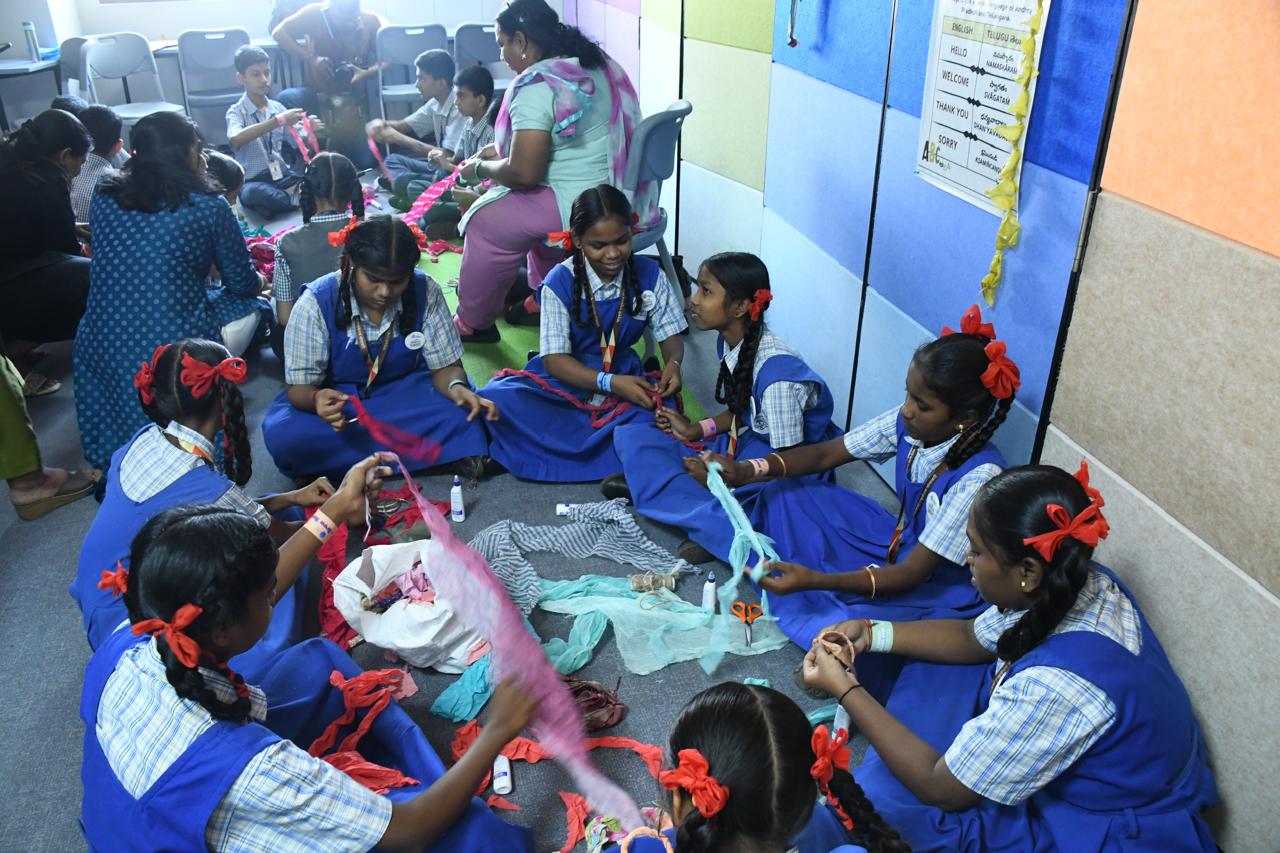
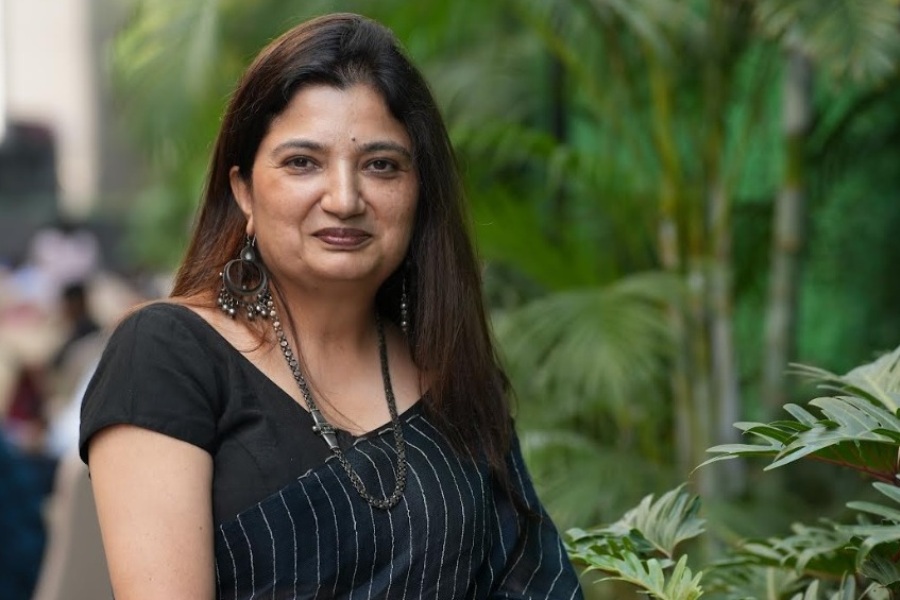
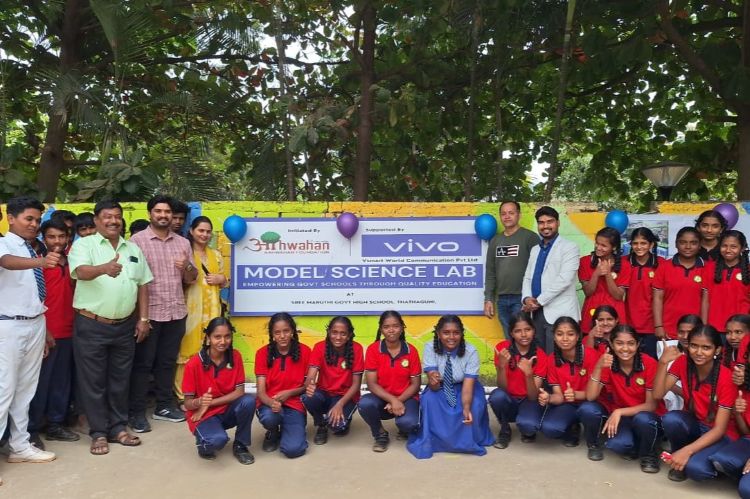

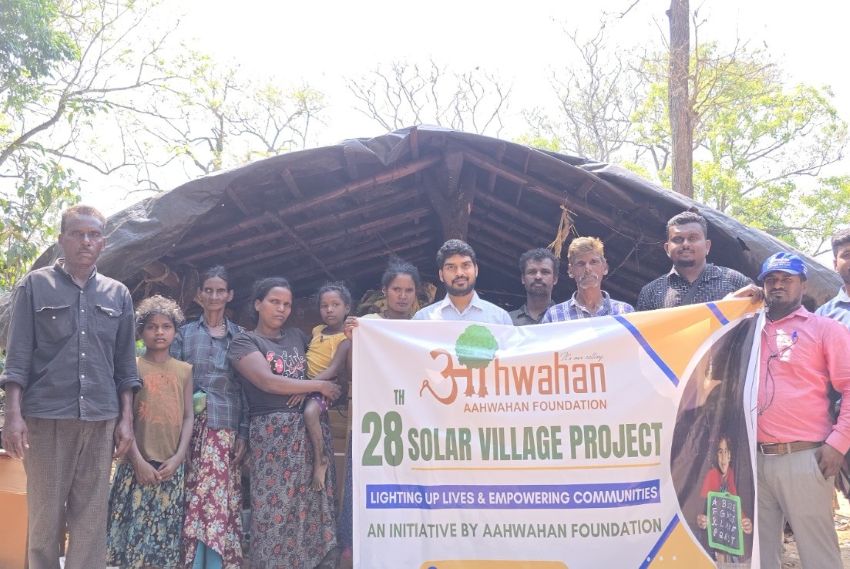


.jpg)



